
Brian's Run Pod
Welcome to Brian's Run Pod, the podcast where we lace up our running shoes and explore the exhilarating world of running. Whether you're a seasoned marathoner, a casual jogger, or just thinking about taking your first stride, this podcast is your ultimate companion on your running journey.
Join us as we dive deep into the sport of running, covering everything from training tips and race strategies to personal stories and inspiring interviews with runners from all walks of life. Whether you're looking to improve your race times, stay motivated, or simply enjoy the therapeutic rhythm of running, Brian's Run Pod has something for every runner.
Brian's Run Pod
Discipline Over Motivation: Christi Dee's 43-Marathon Journey
Christi Dee transforms from a child who feared the school mile run into an accomplished ultra-marathoner and certified running coach, showing how one defining moment at a finish line can change life's trajectory.
• From dreading PE class mile tests to completing 43 marathons and 17 ultras
• Started running through "peer pressure" from friends training for a half marathon
• Finding motivation through community and connection with fellow runners
• Prioritising discipline over motivation with 3:30am training sessions
• Navigating safety concerns as a woman running alone in early morning hours
• Adapting training methods with age - incorporating strength training and nutrition focus
• Shifting from corporate life to professional running coaching with RRCA certification
• Collaborating rather than competing with fellow coaches in the running community
• Building a business to share running knowledge and joy with beginners
Christi Dee's Website
Brian's Run Pod has become interactive with the audience. If you look at the top of the Episode description tap on "Send us a Text Message". You can tell me what you think of the episode or alternatively what you would like covered. You might even get a mention!
Instagram
So you're thinking about running but not sure how to take the first step. My name is Brian Patterson and I'm here to help episode of brian's run pod, the show where we lace up, get real and celebrate all things, running one stride at a time. I'm your host, brian patterson, and today we've got a seriously inspiring guest joining us. This is the final interview with inspiring runners from Indiana. So she's got the grit of a marathoner, the soul of a coach and the heart of a storyteller. With over 40 marathons, seven ultras under her belt yeah, you heard that right. She's not just running the miles, she's running the movement.
Speaker 1:I'm talking about the amazing Christy Dee of this blonde runscom, certified running coach, ultra runner and author of some delightful children's books about running, and my second author. So whether you're just starting your couch to 5k or dreaming of your first ultra, christy's story is going to light a fire under those trainers where we talk training tips, mindset shifts, why she's passionate about getting kids into sport early and how she blends running and creativity to inspire the next generation. So grab your water bottle, pop in those earbuds and let's hit the ground running and welcome Christy D to the podcast. Welcome.
Speaker 2:Thanks for having me, everyone gets that.
Speaker 1:Thank you very much for coming on to the podcast and, as I do with pretty much everyone, I kind of asked them what was their journey from school into running.
Speaker 2:Mean, were you a a natural athlete? No, in fact, I was probably the opposite of a natural athlete. I remember vividly, um, in elementary school around here growing up, uh, at some point I think fifth grade you needed to run the mile in gym class, right, and uh, I remember vividly asking my mom if I could call in sick the day of the mile time test in gym class and I was just so nervous. It was something way out of my scope at that time and, being my mom, she would not let me call in sick, so I had to go suffer through it. I think I came in second to last in my class. It was probably somewhere around a 13 minute mile. But I remember that and it's part of my journey that makes me reflect on how far I've come and how much I appreciate the fact that, um, schools and you know the physical education happens for for young kids to give them a taste of something maybe that they're just really shy about and something that they're unsure of. So that's where it started.
Speaker 2:I had played some recreational sports growing up. I played soccer and football, as you would call. I did do that. So there was running involved growing up and I played through high school.
Speaker 2:My senior year in high school, I to go from from this car accident um, I had some metal fixtures that were stuck in my arms and sticking out like to help hold things in place, and so it was impossible for me to actually play my senior year um in in soccer. So, uh, at that point I think I kind of pretty much gave up on anything organized in terms of fitness and sports. I went off to college and didn't do very much physical activity, just had a lot of fun with my friends. I remember doing like maybe we would do aerobics videos or something like that in a sorority house.
Speaker 1:Yeah.
Speaker 2:But nothing serious, and I would see people out running, I would see that there were opportunities to join different you know, physical type activities and sports, but I was having more fun not doing that. Well, why not? Yes, exactly. So it came after college, A few years later. I was completely a victim of peer pressure. I had some friends that were running a half marathon and they told me that I should run this half marathon and.
Speaker 2:I told them that they were crazy, but FOMO the fear of missing out definitely got the best of me. I saw the time and the work that they were putting in and I knew that it would be a pretty cool goal to accomplish. So I was like, okay, I'll come, I'll run with you guys, we'll have fun. We'll do it once and check it off the bucket list kind of thing.
Speaker 2:So I did that. It was it's called the 500 festival mini marathon and it's actually coming up next weekend. So this is a very timely um podcast interview because you know, my very first race the anniversary of that coming up next weekend. So I crossed that finish line thinking that I would be definitely a one and done.
Speaker 2:I had no interest in pursuing it further until that second that the finish line hit. So I definitely loved that feeling. I felt a sense of accomplishment. I felt proud of myself for doing something that I just did not want to do but still stuck with it after I gave my commitment, and so I think that was part of what spurred me on to continue the running journey. Part of what spurred me on to continue the running journey there was a lot more, you know, I guess superficial reasons as well. Hitting my mid-20s.
Speaker 2:At that time I'm like, oh, my metabolism isn't going to be the same as it's always been, if I don't, you know, kind of exercise and have some physical activity in my life. So maybe if I just keep this up, you know, recreationally, I can burn some calories and, you know, you know, be able to just still do fun things with my friends and not have to worry about the extra pounds or anything as you get older.
Speaker 2:So it really started out it really started out just kind of it was peer pressure and then very selfish, shallow reasons of wanting to keep some weight off as I was moving into my later 20s at the time.
Speaker 1:So that's where it really started did you find those early days you kind of had, you felt that you kind of had that natural ability, because some people you know they could have started their first few steps and they're thinking this isn't for them, this is too much hard work, you know, because you know, did you find that when you well, I mean a couple of things, are you a woman running outside? How was that? And b know, was it easy to start with or was it hard?
Speaker 2:Yeah, I would say that physically it was difficult for me to get into the groove of understanding my body and you know the paces that I was able to hold. I've never been super fast. I think that I've had really great years of running where I have some very good race times but a lot of years where I've struggled. But I think what was natural for me was the stubbornness to stick with it and to want to continue to better myself within this arena.
Speaker 2:And to want to continue to better myself within this arena. You know, it's once you kind of dig in and realize that you yourself you're your own competitor, you're your biggest critic, and I wanted to overcome those things. I wanted to continue to push and prove to myself that I could do hard things. And I wanted to continue to push and, you know, kind of have a little bit of something to say for myself in this space. If I was going to have it as a pastime, I wanted to have, you know, the um, the recognition for for getting the distances done. So it's a little bit of that too and also you.
Speaker 1:Like you said, you're running with your friends, so they obviously helped encouraging you, because the burden was shared to a certain extent absolutely.
Speaker 2:Community is something that throughout my running journey I've relied on significantly. Those early days for sure helped me get out there to begin with, but even throughout my journey of almost 20 years running, I've been involved in different little pockets of the Central Indiana running community and every time I meet a new person or go to a new run group or, you know, just share some smiles and waves out on the trails that we have around here, it just gives you a new sense of belonging and it helps you know that you're not in this alone. We're all working towards something and it's our own burdens to overcome, it's our own weight to carry. When we're out there. No one can run the miles for us, but we're still all in it together and that's something that I've drawn on immensely, whether it's just on a regular training day when I'm actually running alone, or if it's in a you know, a race setting where we're all there together getting ready to tow the start line yeah, so you, you.
Speaker 1:You didn't go straight into coaching because I noticed that, reading your bio, you were you know you 20. You did operations. You're working in the corporate corporate, as it were. So during that time, had you always kept up the running?
Speaker 2:Have I always. Did you always keep it up.
Speaker 1:Yeah, Then during that yeah.
Speaker 2:I did. From that first half marathon finish line I have not stopped running and to this day I've had 43 marathons and 17 ultra marathons. As you said, many, too many to count. Half marathons 5Ks, things like that. Many to count. Half marathons 5Ks, things like that.
Speaker 2:I found signing up for races was a way to stay motivated, one of the ways to stay motivated, and it was just a fun way to spend the weekends. Also, you know, going to a local 5K for charity, fundraiser or whatnot, and through that that's how I met so many people that I consider truly great friends. And so, yeah, I kept up doing that. I was working in the corporate world, so I would be the 4 am alarm clock, get up, run outside in the dark by myself before work and anything I could do to fit it in my goals within the running space just continued to grow and with that I knew I needed to figure out the work-life balance, my family balance, to be able to maintain the sense of self that I was creating for my own identity, but also be able to fit that into the rest of the world that I needed to be involved with. So work and family and things like that.
Speaker 1:So for those early morning runs, were you running with other people?
Speaker 2:Nope, I was running alone. It's a bit scary. Yes, it's a sensitive subject for me because I did spend so many years running at the very early and there were times just to fit in my long run that I would need to do I mean it could have been a 3, 30 am start time wow, there have been definite times like that that that I would head out. I'm very familiar with the neighborhoods around me and the trails, but I don't run with headphones, so that adds a little bit of safety for myself.
Speaker 2:I also do carry mace and I also am just very aware of what's happening. There have been a few different times where I've had pretty close run-ins where, with uncomfortable situations, no one's ever approached me and truly threatened me. But there have been times where my radar has gone up and I've had to kind of like yeah, change my plan a little bit, changed my plan a little bit.
Speaker 2:So when there are those stories that hit the news of runners out any time of day and they're getting assaulted and worse, even murdered, when those hit the headlines, it truly strikes a chord with me, because it could easily be me, it could easily be a very close friend of mine, and so runner safety is really important to me and I've helped advocate for that around for our Central Indiana running community. I've hosted safety seminar events and I've encouraged the local running store that I'm affiliated with, athletic Annex. They now carry some safety items like personal alarms and things within the store as well. So trying to make an impact and difference in the community in terms of safety is something that I've really found is a passion of mine also.
Speaker 2:Yeah Well, it's inspiring that it hasn't put you off running, so no yeah, I think it's that stubborn mindset that I have, like no one's going to tell me what I can and can't do and no one's going to take away this thing that I love so much um so I'm just going to fight back and combat that and be as safe as I can and encourage others to be as safe as they can be as well.
Speaker 2:I want to keep our community out of the news in those negative ways. I don't want to see that happening around here. So whatever we can do collectively to promote safety and raise awareness is definitely on my radar to helping my community.
Speaker 1:As long as you've got enough sleep, then you are getting up at that time, sort of thing. So that was. You didn't feel that, you know, oh well, maybe I could have another glass of wine and go to bed a little bit later. You didn't feel that, you know, oh well, maybe I could have another glass of wine and go to bed a little bit later. You know, but you know you definitely planned that sleep in and then you were going to get up at 3.30 or 4 o'clock come higher.
Speaker 2:Yes, regularly I say this to my athletes that I coach. I said this in my previous career when I was coaching I coach, I've. I said this in my previous career when I was coaching, um, uh, my employees. Discipline is always going to trump motivation. So if you're disciplined, then that's going to be the driver for those times where you don't really feel like doing X, y or Z, and that's, you know, a strength that I think that I have, which is what got me up at 3.30 or 4 am the discipline to train for 43 marathons and to continue to put in the work, figure out ways to give back and figure out ways to continue to now grow and develop this new career that I've built for myself in this running space.
Speaker 2:It's going to be that discipline that's always going to trump that motivation factor.
Speaker 1:Right, right. So it's not just you know, because you've done so many marathons, it's not just about the running, it's obviously other things involved, because you obviously have to be quite strong, not just mentally, but physically. So what I mean, what I think, what I'm trying to say is you know, were there times where you were injured, where you did overtrain, or you know, or for whatever reason?
Speaker 2:Yes, I've definitely struggled with my fair share of little aches and pains, little injury type of things that continue to pop up. Even now. I've had, thankfully, nothing so severe that it's completely taken me out, but I've struggled with IT band issues, ongoing hip flexor issues, low back, all the things. Yeah, I think, especially as you get older and continue to run, you're pounding your body. There's going to be things that come up. I've learned a lot from the professionals that I see that helped me through all of this so I can try to maintain most of it on my own through regular strength training, the mobility exercises, different types of things. But I do have to continue to see certain athletic trainers, chiropractor, different professionals that help me stay in my running shoes.
Speaker 1:That helped me stay in my running shoes. Do you think as you got older, you've had to rein in the distance and do more of this? Alternative exercises, be it Pilates or mobility strength training, and that has kind of, as it were, tipped the balance, as it were.
Speaker 2:Yeah, I mean that's a good question. I think there's definitely been a shift as I've gotten older. Back early days of running I never lifted a weight, I never stretched, I never foam rolled, I didn't do any of those things, and I think that's pretty prevalent. If you talk to someone in their 20s and they've just started running, they feel amazing and every race they just get faster.
Speaker 2:Naturally, I wish I would have incorporated strength training and different things like that earlier on, and maybe that would have kept me from you know some of these nagging things that pop up now. But I'm glad that I finally learned to strength train. I'm glad that I do focus on that two to three times a week religiously. It's not my favorite thing, I'd rather be outside running, but my goal at this point is to maintain a relationship with running for the rest of my life and if that means I've got to focus on these other things, take more off time than I used to not sign up for as many races, that's the kind of thing that I know is going to benefit me in the long run, and so that's what I definitely find as value at this point. So the shift has definitely gone from no strength to definitely strength training as a focus, nutrition being a huge factor as well.
Speaker 2:Yeah, you know, I thought if you run a marathon you can just eat a whole pizza and that's all you need, because you've just replenished the calories, Nevermind, you know, the rest of the macros and the you know micronutrients that you would need as well. So learning a lot more about that has definitely played a big role. But in terms of the distance, I haven't had to pull back on the distance. It's more of pulling back on the speed.
Speaker 1:I can run Okay.
Speaker 2:Yeah, I can be out there forever, but you tell me to pick up the pace or do a lot of intervals or really go out and hammer a marathon, and that's going to take me out more than just the actual distance of it all right.
Speaker 1:So what ease up on? Or so many tempo runs, or, you know, the the speed sessions, or yes, I've.
Speaker 2:I've kind of replaced some of my speed work with more hill training. So I'll do more hills so you can maintain a slower pace, which is better for my body personally, but you can still gain some benefits for strength and speed and endurance by running some hill workouts instead something I've sort of come across um with my conversations with various people is about I will come to your coaching and see what you think, but is is about sort of cadence sort of thing.
Speaker 1:I don't know if it seems to be sort of a bit of a buzzword that's sort of been thrown about. What's kind of your opinion on that?
Speaker 2:So there's a lot of I don't know touchy I guess a touchy subject for me, as not a professional athletic trainer or, you know, doctor in the medical field or anyone that's like truly studied that, so I don't want to speak out of turn.
Speaker 2:Coaching training is, when it comes to cadence and also just your gait, leaning in towards what naturally happens with your body is probably going to be better than trying to reinvent the wheel and make your body do things that it's not fully used to doing, because that'll throw you off somewhere else. So if you've got, for instance, one leg longer than the other and your gait's a certain way, that's just how it's going to be. If you try to manage that with something that you're unable to completely fix about yourself, you're going to throw off something else on your body. So that's generally what I've learned through my coaching experience and through my training. So, yeah, with cadence and gait, you definitely have a faster cadence when you go uphill. That's definitely going to help get your heart rate up, and so I do think that increasing your cadence, uh, for certain intervals and and activities and workouts is definitely important.
Speaker 1:But when you start to get into gait and how to adjust that, then there's a lot of moving parts that, um, I can't fully speak on no, I and I think, um, I mean even even listening to, I think, the Runners World podcast, the UK version, over here, and they pretty much say what you said, because I know it's something that you get. All these metrics you know now, you know either be a Garmin or an apple watch or something you can. You know, you, you get all these, all these stats and you know be it. I know I'm a 160 guy and they're saying it should be 180 or whatever, and but I'm six foot and I tend to heel strike. Um, when there's people are saying, oh, you prefer to be sort of more midfoot or that kind of thing, so it, it can't be one thing for all people. They really there are so many different factors involved, sort of.
Speaker 1:And, like you said, yeah, absolutely it's more to do with being comfortable with you know, with your running yes, absolutely.
Speaker 2:I mean, uh, very true, there's not one answer for every person, and I think that goes along with coaching and training plans and things like that. Anyone could pull a training plan off the internet, but it's not customized for you and your needs and what your body can handle, and that's kind of where more of a professional coach would come into play handle, and that's kind of where, like, more of a professional coach would come into play.
Speaker 1:So when did you start thinking, well, you know, maybe I could pass on my enjoyment to other people and maybe do it sort of start going to sort of the uh, the coaching route and taking sort of qualifications?
Speaker 2:So it's been very natural over most of my running career to try to encourage other people to join in. You know people will say that, oh, now I'm the one like wanting to peer pressure other people to run or, you know, get out there and I take pride in that. I don't think I'm a pushy person at all, but to express how much joy that this sport has brought to my life. I think people might be interested in seeing what it's all about. So naturally I've been doing that for a very long time. I've also helped a lot of my friends run train for various races over the years as well. Before I ever thought about doing it professionally, I was at a career change. When it was coming up on knowing that I was leaving, I had given a two-year notice to my previous employer.
Speaker 1:Right.
Speaker 2:So I was able to spend a lot of time reflecting on what the next steps for me would look like and, through a lot of support from my friends and family, then it was like why don't you take this thing that you love and you're already helping others? Why don't we, you know, kind of make it official and get a certification and then, you know, create a business where you can help, give back and just bring some of that joy and knowledge to other people? I wish I had some of the tools and resources back when I started running that there are now.
Speaker 2:It's just so much more readily available. I'm sure there were things out there. Of course I subscribed to Runner's World magazine and you, of course, could get Hal Higdon plans online and things like that but there weren't the communities that there are now, there weren't the resources of Facebook groups, the podcasts to listen to and these people that are bringing this knowledge to everybody. I'm just very excited and very happy to now be a part of that, as I continue to meet new people that are very new in their journey. It just really excites me to help them out.
Speaker 1:Yeah. So I mean, how does it work in the US in terms of qualification, or is it very fragmented as to the type of qualifications you can do for running?
Speaker 2:So there's a lot of different organizations where you can get some certifications. Mine is RRCA and I'm a level level one. There are a series of levels so you can continue to grow your education, um. So I did that a little over a year ago, but right before I launched my business officially, I also got an endurance sports nutrition certificate, uh, to kind of help set myself apart, um, and was just looking for ways to continue to differentiate myself from other running coaches. I'm friends with a lot of run coaches in this area, including Rachel who you interviewed. So, honestly, she inspired me a little bit. I saw what she was doing and was able to actually build a business. I didn't want to jump right into it, being her friend, as a full competitor, but I think we bring some different things to the table. Her business is a lot more developed, being around a little bit longer than mine.
Speaker 2:So, I'm still up and coming, but we bounce ideas off each other all the time. If I'm stuck with something that I hadn't seen before, I'll reach out to her. If something's going on for her, she'll ask me if I'd be willing to work with an individual about something. So it's very collaborative, which I really love about this community and this running space in general.
Speaker 1:In this podcast episode, we explored the remarkable journey of Christy Dee, who transformed from a child who dreaded PE classes into an ultra-marathoner with 43 marathons completed. Her story began with a reluctant finish in an elementary school mile test and evolved into a lifelong passion, ignited by a single marathon in her 20s. Christy's dedication saw her rising at 3.30am to run, overcoming physical and safety challenges and adapting her training as she aged. A mantra has always been discipline always triumphs. Motivation guided her through countless miles. Beyond personal achievements, christy has channeled her passion into coaching, safety advocacy and community building, using her RRCA certification and nutrition expertise to inspire others. Her journey highlighted that our greatest limitations often reside in our minds, encouraging listeners to discover how running might transform their own lives. And don't forget to listen to part two next week and be inspired. So thanks for listening to Brian's RunPod and bye for now.
Podcasts we love
Check out these other fine podcasts recommended by us, not an algorithm.
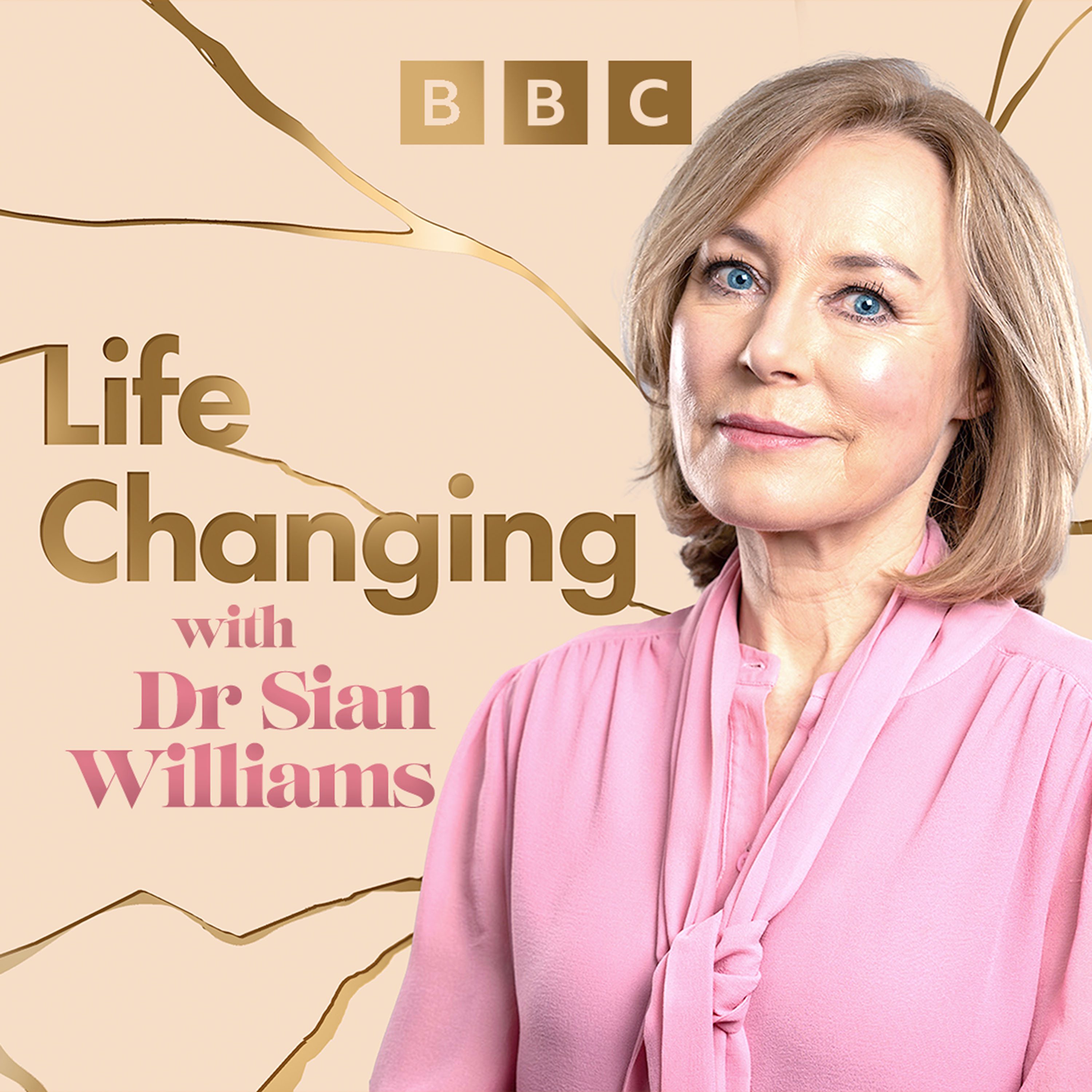
Life Changing
BBC Radio 4
Tech Life
BBC World Service
The Runner's World UK Podcast
Runner's World UK
Buzzcast
Buzzsprout
Newscast
BBC News
Understand
BBC Radio 4
Cyber Hack
BBC World Service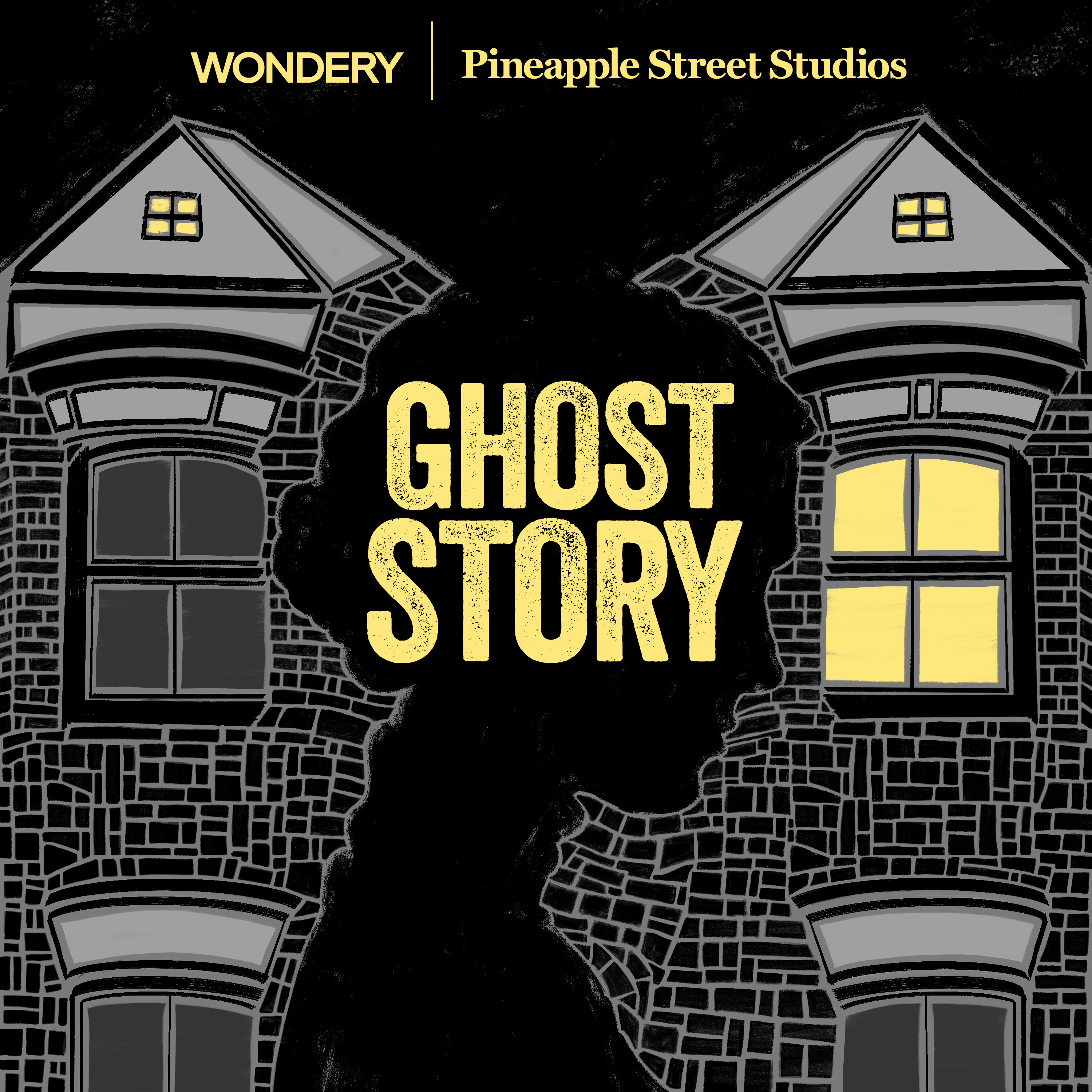
Ghost Story
Wondery | Pineapple Street StudiosDiz Runs Radio: Running, Life, & Everything In Between
Join Denny Krahe, AKA Diz, as he talks with a variety of runners about running, life, and everything in between.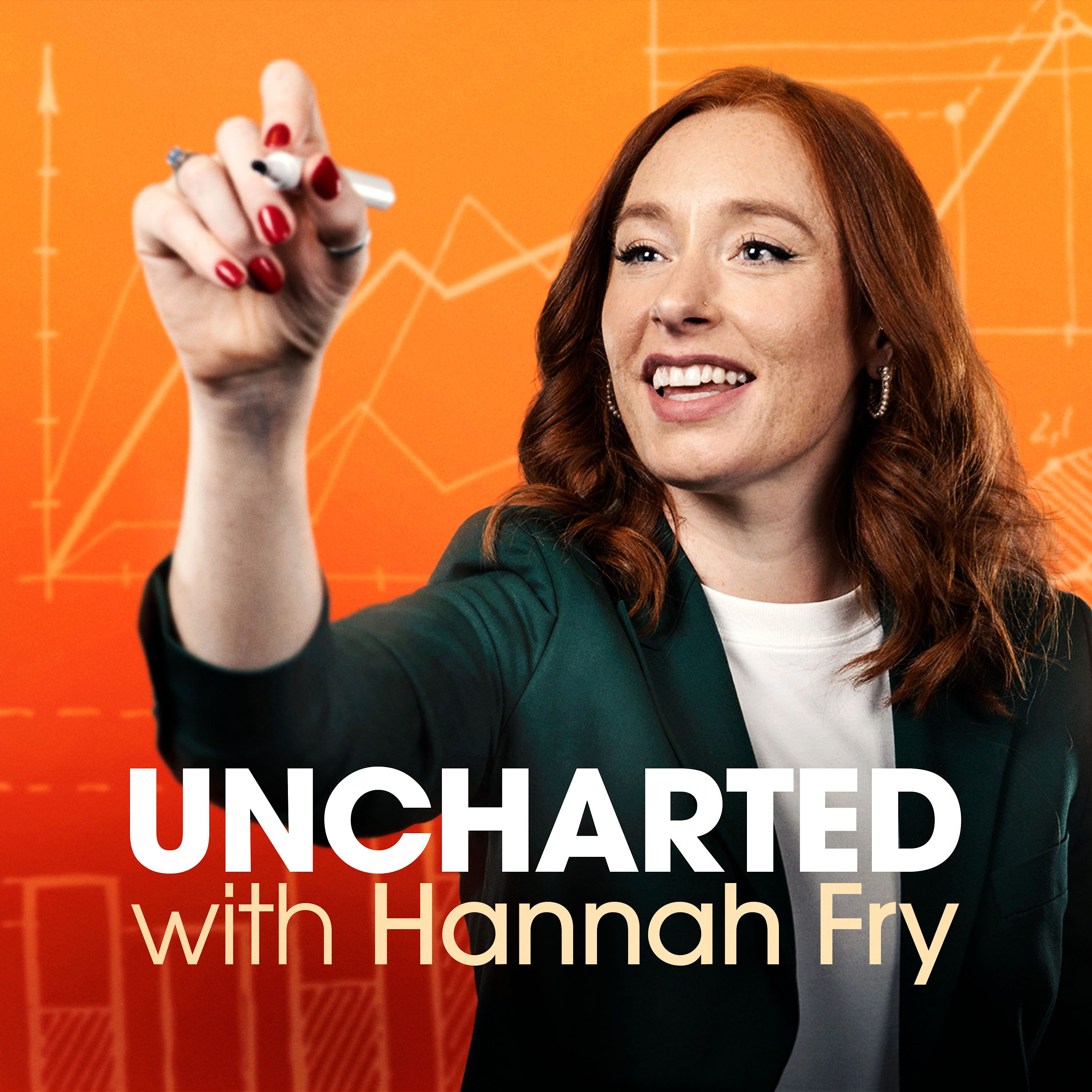
Uncharted with Hannah Fry
BBC Radio 4
The Global Story
BBC World Service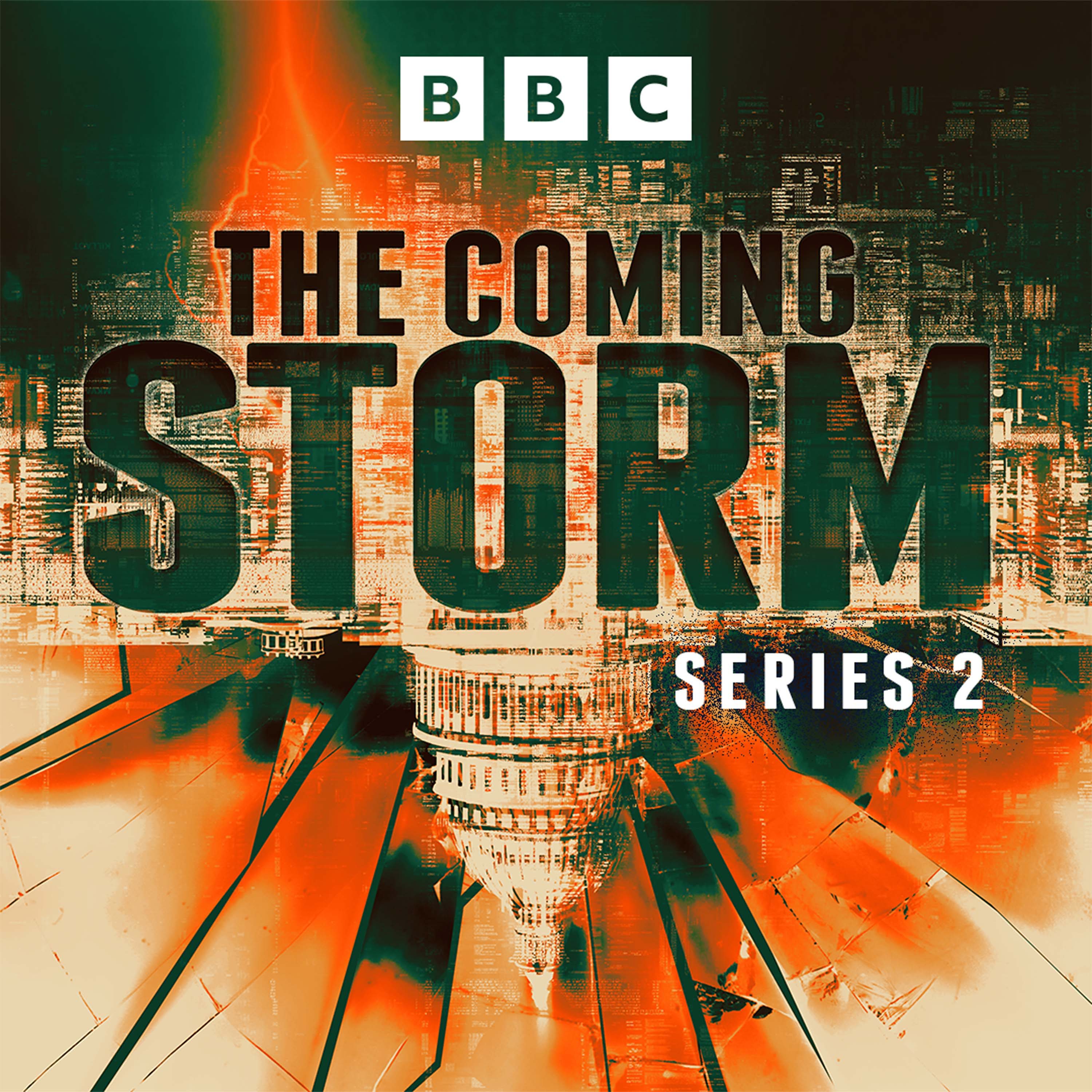
The Coming Storm
BBC Radio 4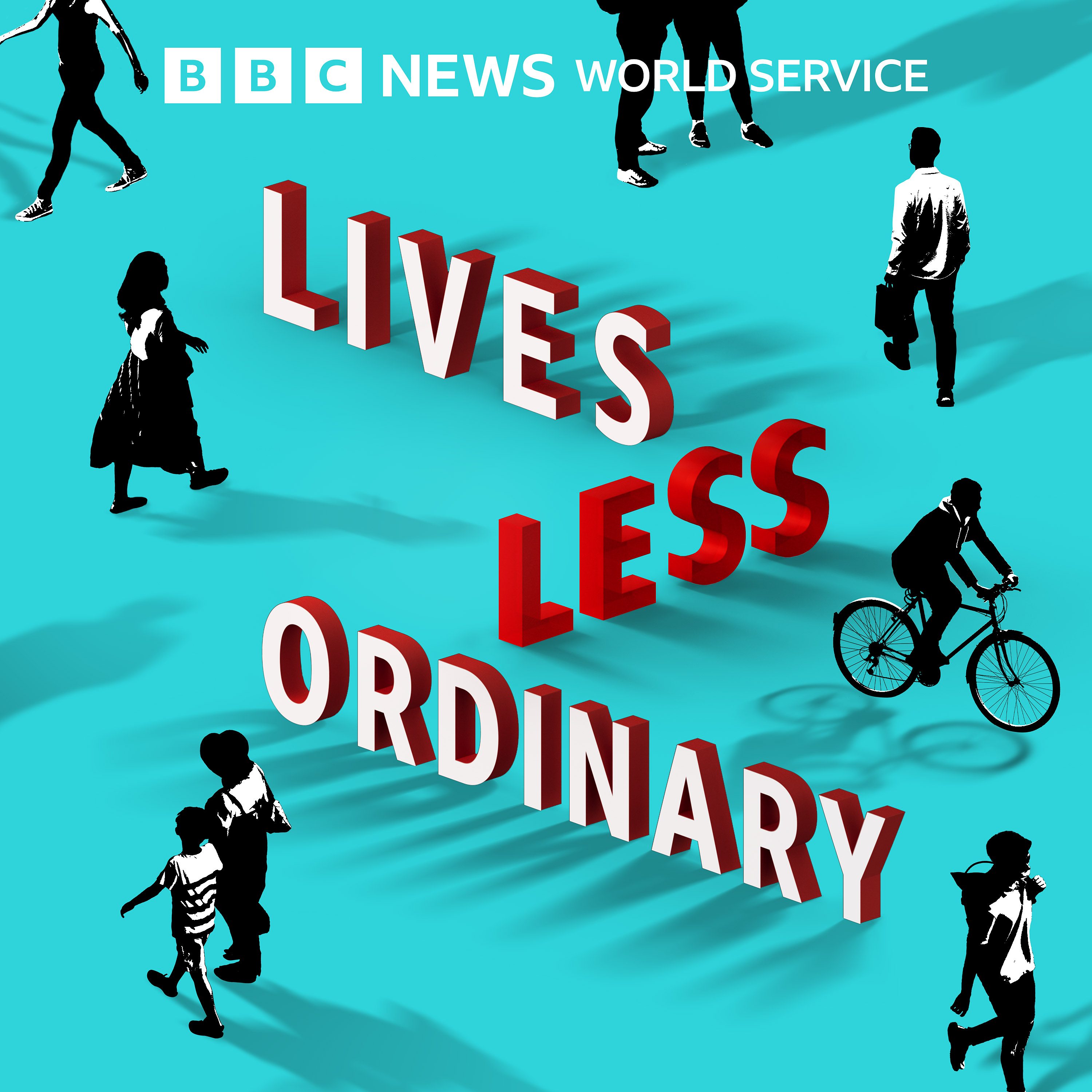
Lives Less Ordinary
BBC World Service
Do Epic Shit Today Podcast
Hannah Mulhern
The Rest Is History
Goalhanger
